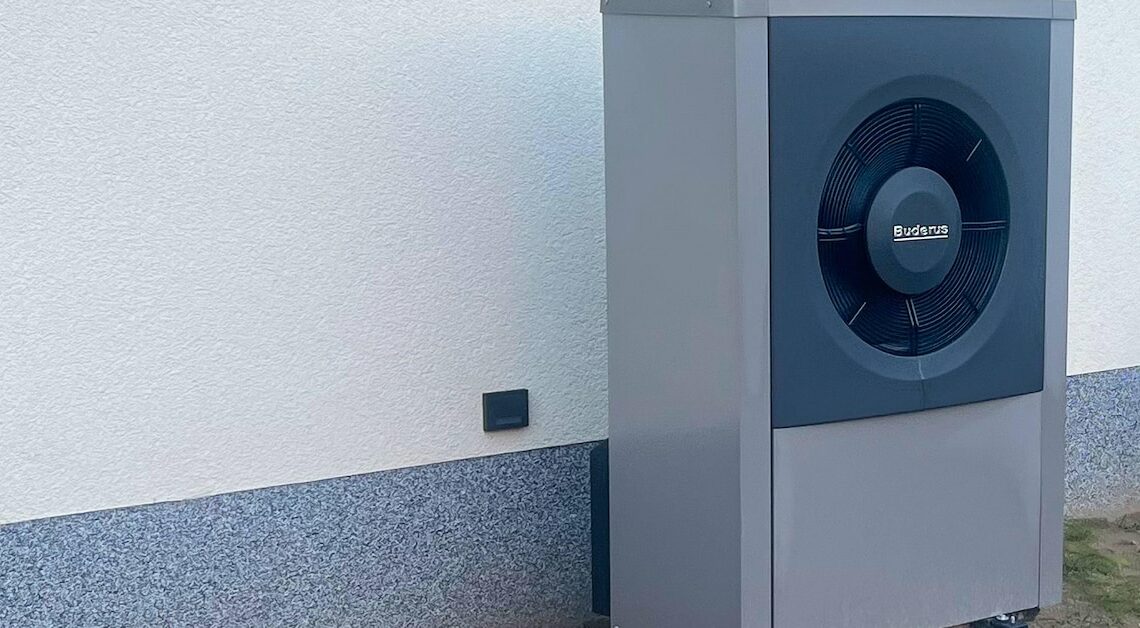
If a heat pump in your house is making a noise, there can be a number of reasons for this. Such a noise can also indicate technical problems.
Causes when the heat pump in the house hums
If the heat pump is not correctly aligned or installed, this can lead to vibrations and noise. A check of the installation by a specialist can help remedy this. Other possible causes include:
- Improperly mounted components or inadequate insulation can cause noise. Check that all parts are firmly mounted and that vibration dampers are intact.
- Another common cause is missing or damaged vibration dampers. These should be checked and replaced if necessary. In addition, an insufficiently stable base can increase vibrations. Make sure that the heat pump is installed on a stable and level surface.
- Dirty or clogged filters can restrict airflow, causing noise. Also, check the air ducts for blockages or damage that could restrict airflow.
- An unusual humming noise can come from the compressor, especially if it is defective or worn out. In this case, you should have the compressor checked by a specialist.
- Likewise, a low refrigerant level can cause noise. This should also be checked by a specialist, as refilling refrigerant usually requires special knowledge and equipment.
Measures to resolve the problems
Have your heat pump serviced regularly to ensure that all components are working properly and to detect potential problems early:
- If you notice any unusual noises, contact a professional to determine the exact cause and make appropriate repairs.
- Worn or damaged parts such as fans, belts or rollers can cause noise. Check the components of your system and, if you have the necessary knowledge, replace them yourself or ask a specialist for advice.
- Remember that some noise is normal when the heat pump starts or stops. Noise can also be caused by temperature changes in the system as parts expand or contract due to heat.
Would you like more information about heat pumps? Then these articles might also be of interest to you:
- Heat pump with propane: What you need to consider
- Retrofitting a heat pump: What you need to consider
- Installing a heat pump yourself: Possible difficulties
